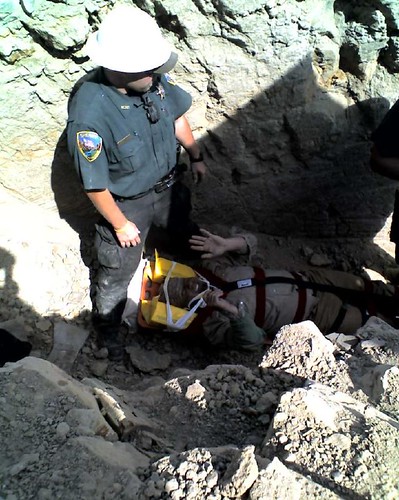A birth injury, often known as a ‘birth trauma’ happens during the birth process. The most common injuries are to the skull, brain and spinal cord.
The most frequent cause of a birth injury is the baby’s size and/or position during labour and delivery. The following difficulties may also have an impact on the baby’s health:
- A delayed labour
- Abnormal birthing presentation
- Large babies (8 pounds, 13 ounces or over)
- Premature babies (babies born before 37 weeks)
- Cephalopelvic disproportion (when the mother’s pelvis is not adequate for the baby to be born naturally)
- Dystocia – difficult labour or childbirth – (a particularly difficult labour/childbirth)
Below is a list of the most common injuries experienced by babies who have suffered a difficult birth:
Fractures
The fracture of the clavicle or collarbone is the most common fracture during labour and delivery. During a breech delivery, the baby’s clavicle may break, however the healing occurs quickly. During the healing process a new bone forms, forming a firm lump on the clavicle. This usually happens within the first 10 days. In order to limit movement, support the affected arm and shoulder with a soft bandage and avoid lying the baby on the affected side until you receive confirmation from a medical professional.
Brachial Palsy
Brachial palsy occurs when there is a difficulty delivering the baby’s shoulder. The brachial plexus (the group of nerves that supplies the arms and hands) is injured, meaning the baby will lose the ability to flex and rotate the arm. It is most likely the brachial palsy will heal itself within 24 hours. However, if the injury has not been resolved it will casue bruising and swelling around the nerves, meaning the baby will not be able to move the affected shoulder for a few months. Tearing of the nerve may result in permanent nerve damage. Special exercises are used to help maintain the range of motion of the arm while healing occurs.
Forceps marks
Forceps, most commonly known as bruising usually occur on the baby’s face or head as a result of the trauma of passing through the birth canal. During this process, the baby may come into contact with the mother’s pelvic bones and tissues. Forceps occasionally leave temporary marks, however it is nothing to worry about. Babies delivered by vacuum extraction may have some scalp bruising or a scalp laceration (cut).
Cephaloematoma
Cephalohematoma causes a raised lump to appear on the baby’s head several hours after birth because there is an area of bleeding between the bone and its fibrous covering. The body resorbs the blood. Depending on the size, most cephalohematomas take two weeks to three months to disappear completely. If the area of bleeding is large, some babies may develop jaundice as the red blood cells break down.
If you would like immediate advice about birth injury, contact your solicitor and gain prompt and professional help.

